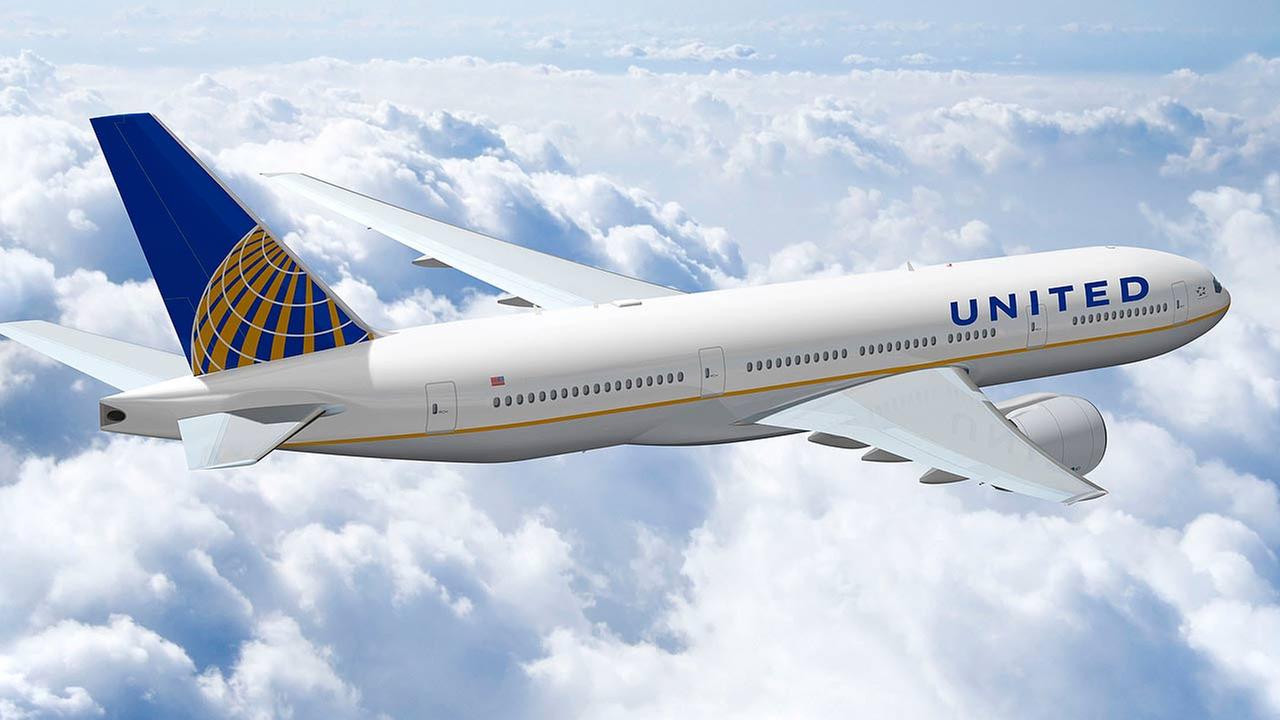
DUBAI (Reuters) – A preliminary deal to sell 36 A380s to Emirates blew up in an Airbus hospitality chalet moments before the Gulf carrier was expected to shower $30 billion on the plane maker and its U.S. rival Boeing at the start of last week’s Dubai Airshow. Two top Emirates officials broke the news to Airbus CEO Tom Enders and his sales chief John Leahy that the widely expected $16 billion deal would not be signed that day, leaving uncertainty over the future of the world’s largest jetliner.
The halt came so swiftly that Airbus PR executives who were already in place for a double-signing ceremony a hundred yards away found themselves awkwardly among the audience as Boeing walked away with the sole Emirates order, worth $15 billion. The unusual stumble in slick air show choreography highlights problems over timing and trust that may even now complicate a deal between Airbus and Emirates, people aware of the matter said. One of the closest and most successful relations in aviation is looking bruised and throws up new complications for Airbus just as it struggles to maintain business as usual at a time when it faces British and French compliance probes.
A day after Airbus’s hopes were dashed, airline president Tim Clark publicly delivered a message from Dubai’s government saying it wanted a guarantee from Airbus that it would keep producing the A380 for 10 years, before the state-owned carrier would agree to placing a new order. Enders emailed Clark calling the ultimatum, first reported by Reuters, unhelpful, two people aware of the matter said.
“There is a worrying breakdown of the relationship between Airbus and Emirates,” said a person familiar with the talks. Airbus was confident of getting a deal,” a Gulf source added. “But Dubai does not want to be taken for granted.” Air show delegates said Emirates and Airbus must now resolve problems of visibility if a deal is to be done. Many in the industry say Airbus appears directionless as Leahy is due to retire in January, the guardian of the Emirates relationship, Habib Fekih, did so earlier this year and doubts grow over whether Enders will secure a new CEO mandate in 2019. Meanwhile the probes have badly clogged Airbus decision-making.
On the Emirates side, top executive Clark – although full of energy at 67 and dismissing talk of retirement – is likely to hand over the baton at some stage, and it is uncertain how committed other managers are to the A380 flagship. “Nobody knows who is going to be in charge of the other side later, which doesn’t help,” said a person familiar with the matter. The Airbus board will however have to think hard before giving Dubai the guarantee it wants, which would go beyond the scope of a normal contract for specific planes. “It’s not something any company can easily do, especially on something dragging down the bottom line,” the same person said.
For Emirates, the problem runs deeper than simply buying an aircraft from Airbus. Airlines deal directly with numerous suppliers, from landing gears to tyres and entertainment systems. Each takes its cue from the plane maker as conductor of a large orchestra.
“If you’re the only customer your fear is the manufacturer will lose interest and that becomes a signal to suppliers to make support a lower priority,” a person close to the matter said. “Then you end up unsure who is supporting what.” The biggest question mark hangs over the massive engines.
In 2015, Britain’s Rolls-Royce (RR.L) won its largest-ever order, worth $9 billion, to displace U.S. consortium Engine Alliance to power a batch of 50 four-engined A380s for Emirates.
But to win the deal it gave ambitious fuel-consumption targets and Emirates signalled last week the cards could be shuffled again for the potential new order. “If we ordered more, we might contemplate talking to both sides,” Clark said. But Engine Alliance output ends in 2018. Keeping its assembly lines warm would require a fresh commitment from its parents General Electric and Pratt & Whitney.

